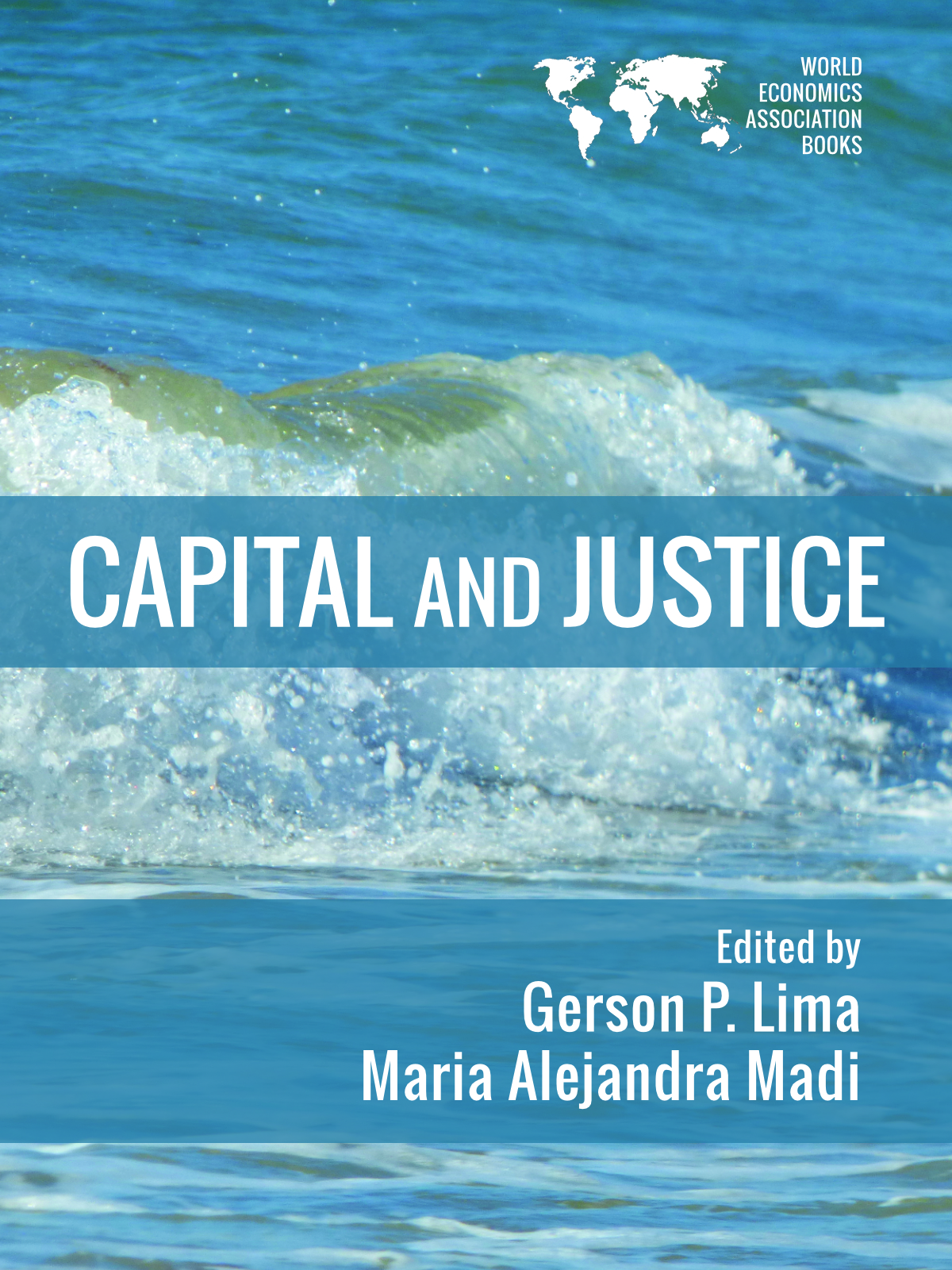Programme

This conference has been published as:
“Capital and Justice”
I. Finance, investment, production and employment
- Global business models and labor challenges
Maria Alejandra Caporale Madi - The tendency of effective demand to lag behind the supply of full employment
Arturo Hermann - Late Marx and the Conception of ‘Accumulation of Capital’
Paul Zarembka - Money: a social contract or an “invisible hand” of inverted totalitarianism?
Raymond Aitken
II Global trends: economic dynamics and sovereignty
- Global Dynamic Efficiency (Towards a Long-Term Strategy)
Stephen I. Ternyik - Monopoly Capital and Growth
Kieran Crilly - Capital, Nationality, and State Sovereignty: New Links for the 21st Century
Marc Morgan-Milá - The Other Half of Macroeconomics and Three Stages of Economic Development
Richard C. Koo - Identifying the determinants of secular stagnation after the Great Recession: Learning from Hansen´s historical approaches and Harrod´s model along 1938-1952.
Adrián de León-Arias
III. Working conditions and social problems: challenges and perspectives
- Employment in a Just Economy
John Komlos - Economic Solutions for the Social Problems of Mass Migration, Persistent Alienation and Wanton Terrorism
Steven H. Kim - Can We Bend the Arc of Global Capital toward Justice by Investment in Human Capital?
Arnold Packer - The Role of Human Capital Resource in the East African Economic Growth
Worku R. Urgaia - Evolving Wealth Inequality in Kerala: Mapping the Winners and Losers
C.R. Yadu and Satheesha B
IV. Economics and democracy
- Real World Non-Equilibrating Supply and Demand Theory
Gerson P. Lima - Economic power, employment and economic theory
Rubens R. Sawaya - Elite appropriation of economics – the case for (r)evolutionary political economy
Deniz Kellecioglu - The British Labour Party and the ‘New Economics’
Lyn Eynon